Nearly two years after nixing a plan to use herbicides to treat weeds in Lake Maspenock, and after voters at a previous Town Meeting also voted it down, the Conservation Commission on Tuesday night took up a revised plan from the Department of Public Works.
This time, it may have legs, largely because, unlike before, there are multiple proposals — a “toolbox of options” — to help combat invasive weed growth in the lake, a popular recreational spot teeming with wildlife and with many residents living along its shores. However, the use of pesticides remains among the recommendations, and that doesn’t sit well with some residents.
While expressing thanks to the DPW, the Town Weed Advisory Committee and its consultant, David Mitchell, for submitting a multi-faceted plan, the Conservation Commission ultimately continued a public hearing on the plan until its next meeting on March 29.
Mitchell detailed the Lake Maspenock aquatic vegetation management notice of intent application, requesting a two-phase approach that first would seek generic approval from the commission of five lake management options, with additional information for each proposed action being provided in Phase 2.
The five options include hand harvesting, benthic barriers, mechanical harvesting, aquatic herbicides and winter water level drawdown, the latter of which has been practiced for several years on the lake.
“Two years ago, we applied for a notice of intent for herbicides, which was denied by the Conservation Commission,” Public Works Director John Westerling said, noting the DPW and the Advisory Committee have “worked feverishly” on the issue. “What changed the past two years? Two winters ago, a lake drawdown was thought to be the best option for controlling weeds. We found last summer that it was essentially not effective in managing the weeds. We’re back tonight for a toolbox of options.”
Mitchell went over each option. Hand harvesting, as it sounds, would involve the removal of plants by hand, with people wading or swimming in the lake to collect the weeds. A benthic barrier is a piece of material layered on the benthos layer of a water body to keep sunlight reaching the soil on the bottom, which can effectively compress plant growth. Mechanical harvesting involves the use of a specialized machine, “essentially an aquatic mowing of the lawn,” Mitchell said. The weeds are brought to shore, de-watered, and eventually disposed of. Aquatic herbicide application would involve the spreading of chemicals to specifically target one area, Mitchell said. Water level drawdown, the fifth option, has been done for years on the lake, he noted, calling it an effective way of controlling invasive species.
Winter level drawdown has been conducted annually for decades, according to the application, with a 5-foot drawdown done annually, and an 8-foot drawdown every third year.
The application identified five lake management zones by priority: the North Basin Shoreline, Zone A, classified as medium priority; North Basin Central Area, Zone B, high priority; Recreation Area, Zone C, high priority; South Basin Shoreline, Zone D, low priority; and South Basin and underdeveloped areas, considered a “no-action management zone” outside of lake drawdown.
A drawdown would impact the entire lake. Hand harvesting would impact Zones A, C and D. Benthic barriers would impact Zone C, while mechanical harvesting would be done in Zone B. Spot treatment with herbicide would be done in Zones A, C and D, while a large-area treatment would impact Zone B.
Asked by Commission Co-Vice Chair Melissa Recos, acting as chair in the absence of Jeff Barnes, about the impact if no action were taken, Mitchell cited Whitehall Reservoir, a 620-acre pond in town, which he said has no management. Westerling, meanwhile said the drawdown is helpful beyond weed control.
“It is part of the management of the dam,” he said. “It allows us to work on the dam during the winter drawdown. For people with docks or property along the lake, the drawdown allows folks to work or do repairs on their properties or docks when the lake is drawn down.”
No action, Westerling continued, would allow weeds to grow unabated, much like Whitehall.
“I can’t speak to how it would affect wildlife,” he said, responding to a follow-up question from Recos, “but it wouldn’t allow us to do even simple minor repairs of replacing the grout along the dam. I just fear what that would turn the dam into. Right now it’s in fair condition. I’m sure that would bring the dam into poor condition.”
Westerling also referenced an upcoming Town Meeting warrant article requesting $400,000 for major repairs to the easterly side of the dam.
That led Conservation Commission Member Ted Barker-Hook to question whether the drawdown should be separated from the other four proposals.
“I love having different options,” he said. “I love the acknowledgment given to us that one solution was troublesome two years ago. But the drawdown is needed for much more than weed control. Lumping it into these other options [seems like we’re] a little handcuffed. If we were to decide we weren’t interested in some of these other measures, we’d also be voting against the drawdown. … Is there a thought we could separate the drawdown from the rest of the proposal?”
Responded Westerling: “By no means was it our intention to try to handcuff the commission. Our hope is that all of these could be approved, but if they call can’t, then perhaps one of the five, two of the five, three of the five, or four of the five. It’s not an attempt at all to handcuff or manipulate the commission. … We had the opportunity. We thought this would be the best approach, with the hopes that if we couldn’t do it all, that a select number would be approved.”
Resident Carol Esler, who said she has lived on the north basin for 40 years and swims in it regularly, has been public in her opposition to the use of pesticides in the lake. She voiced her objection again Tuesday night.
“In terms of democracy, the community here has voted down the use of herbicides here in our lake, and the Conservation Commission has voted it down,” she said, calling the weeds more of a nuisance than a real threat to the lake and wildlife. “Having any approval for herbicide use in the lake … I think subverts the will of the community. I would like to see the herbicides separated out of this.”
Another resident, Michael Riley, supported all options.
“I’ve been on the Lake Maspenock Executive Board several years,” he said. “I think what people forget, a couple of people on the committee were opposed to different types of treatment, but they’ve come up with different things. I appreciate having different options. … It’s important for those of us out boating, or my kids who do skiing, they’re bothered by the fact that weeds grab them. I’d like to try all different types of solutions. I think that’s possible.”


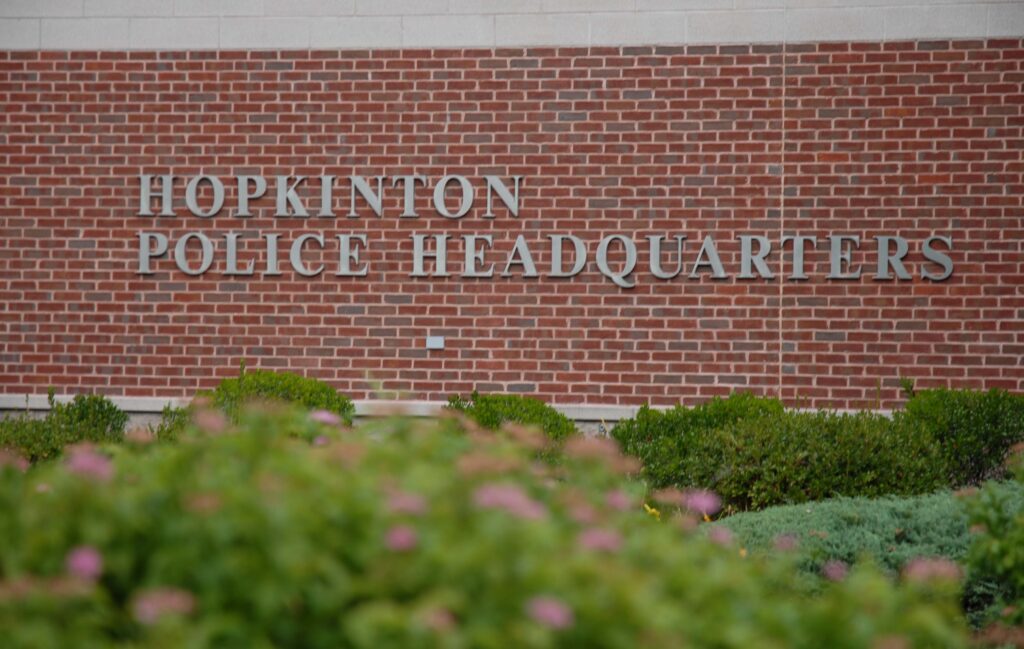
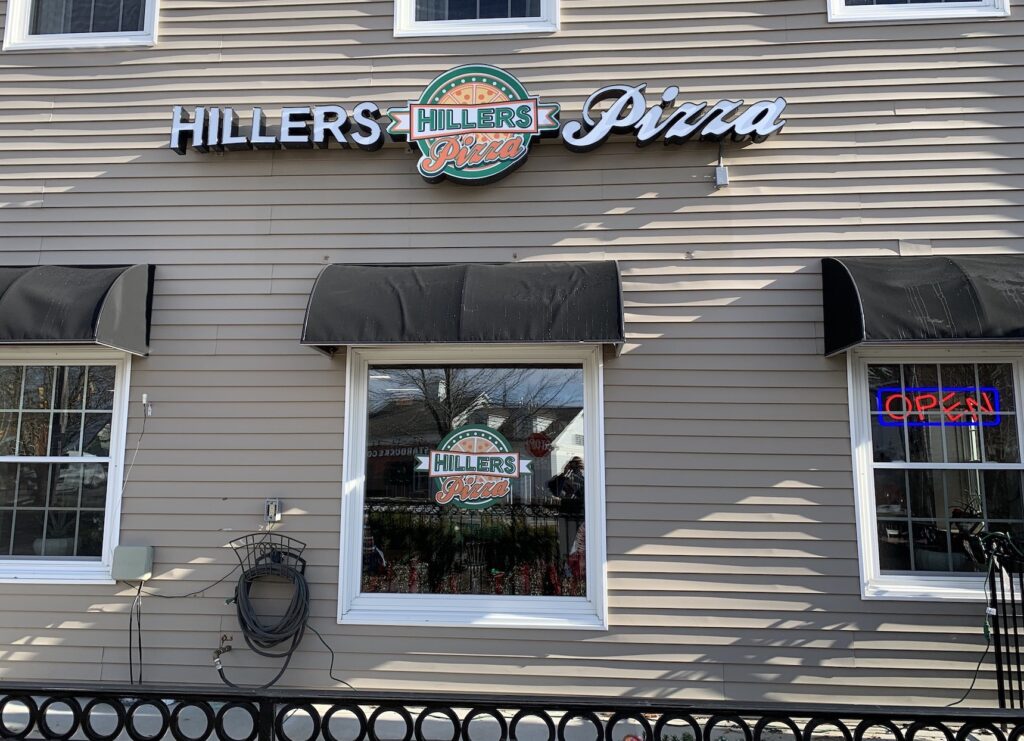
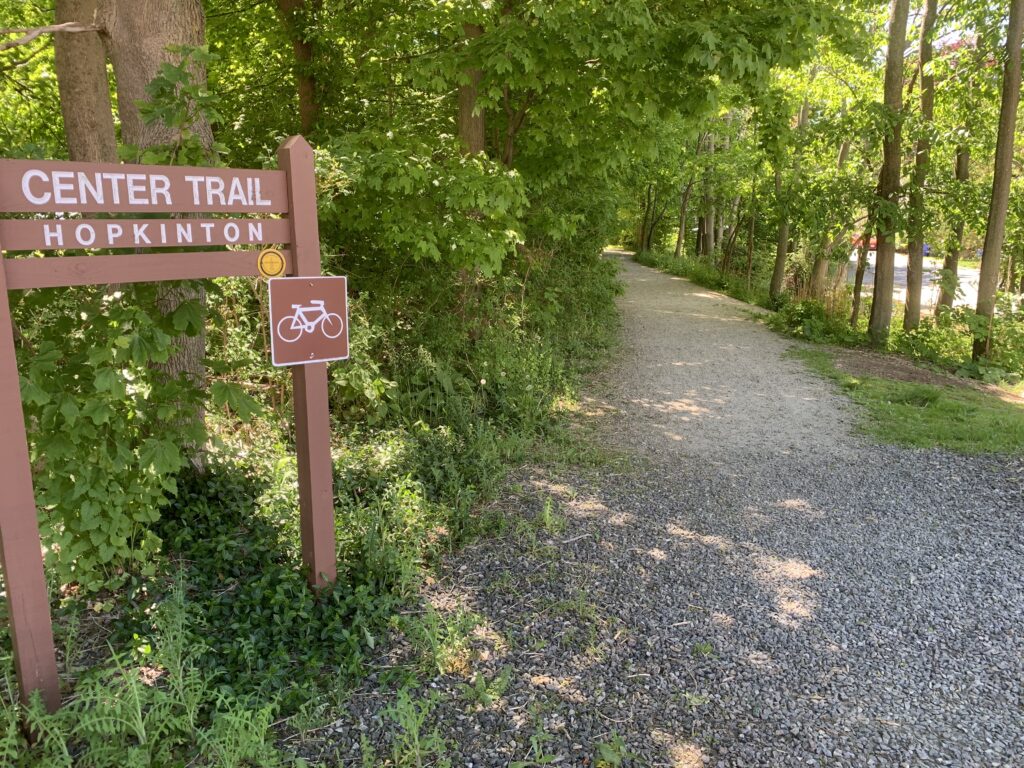
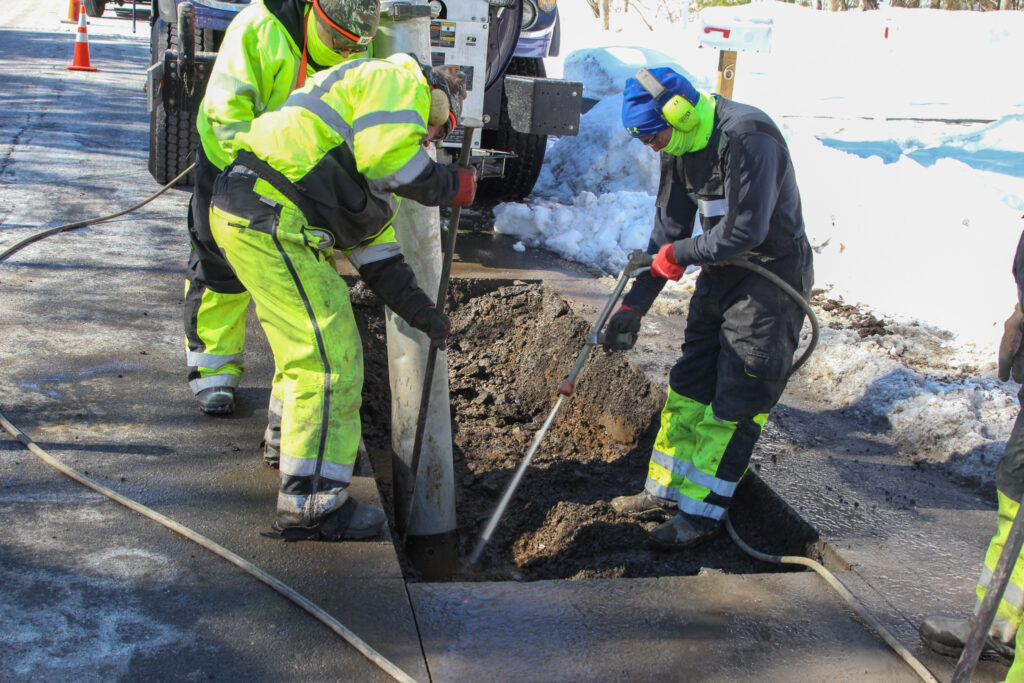
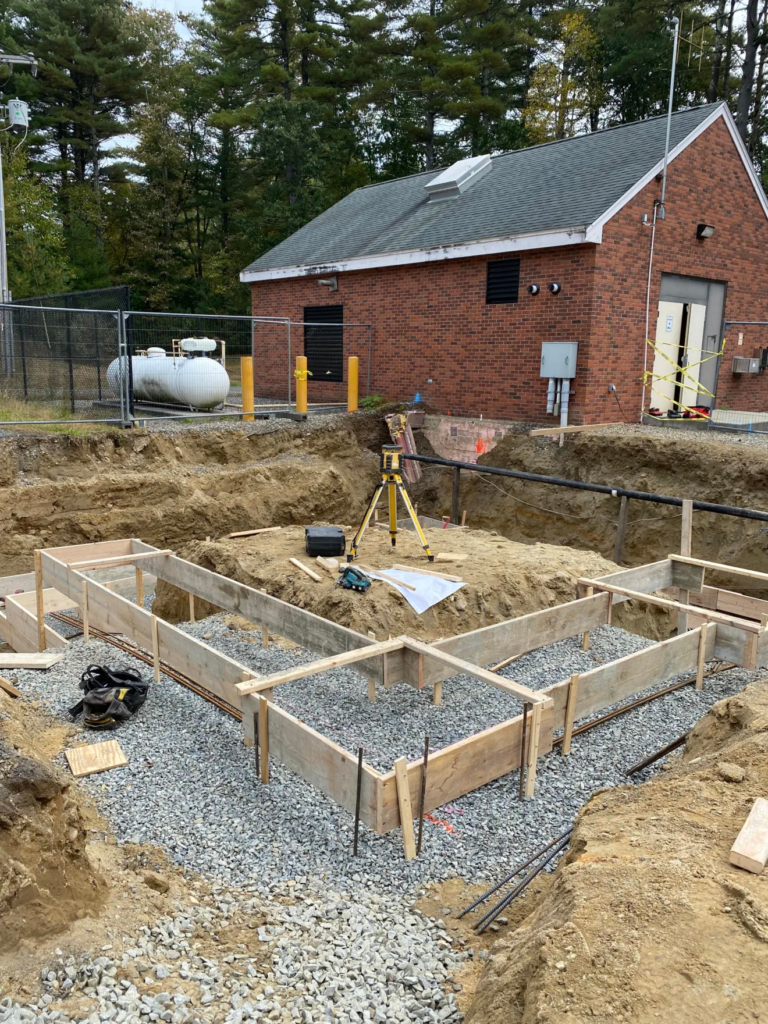














0 Comments